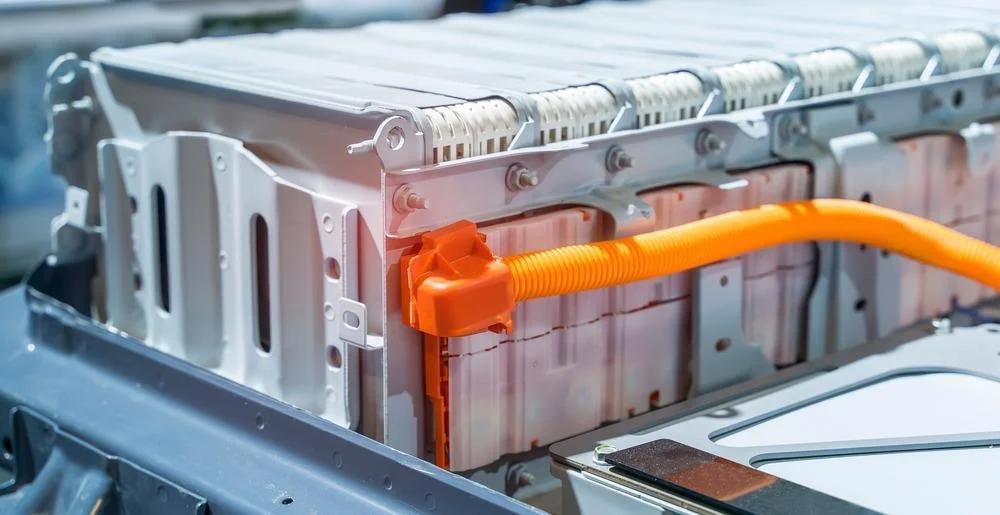Future of Lithium
Lithium-ion batteries have revolutionized energy storage and power the devices and technologies that define our modern world. As we look ahead, let’s examine the exciting possibilities and innovations shaping the future of lithium technology:
1. Advancements in Battery Technology: Researchers and engineers are continuously pushing the boundaries of lithium battery technology to improve performance, efficiency, and safety. Innovations such as solid-state batteries, silicon-anode batteries, and lithium-sulfur batteries hold promise for enhancing energy density, reducing charging times, and extending battery lifespan.
2. Electrification of Transportation: The future of transportation is electric, and lithium-ion batteries are at the forefront of this transformation. Electric vehicles (EVs) powered by lithium batteries offer a cleaner, more sustainable alternative to traditional internal combustion engine vehicles. As EV adoption rates soar, demand for lithium-ion batteries is expected to skyrocket, driving further innovation and economies of scale.
3. Grid-Scale Energy Storage: Lithium-ion batteries are increasingly being used for grid-scale energy storage, enabling the integration of renewable energy sources like solar and wind into the electricity grid. By storing excess energy generated during periods of high production and releasing it during times of high demand, lithium batteries help stabilize the grid and promote the transition to a renewable energy future.
4. Portable Electronics and Wearables: Lithium batteries continue to power a wide range of portable electronics, from smartphones and laptops to smartwatches and fitness trackers. As consumer demand for smaller, lighter, and longer-lasting devices grows, manufacturers are investing in research and development to further improve lithium battery performance and energy density.
5. Sustainable Materials and Recycling: The sustainability of lithium battery production and disposal is a growing concern. Efforts are underway to develop more sustainable materials and manufacturing processes, as well as to improve battery recycling technologies. By reclaiming and reusing valuable materials like lithium, cobalt, and nickel, the industry aims to reduce environmental impact and create a circular economy for battery materials.
Conclusion: The future of lithium technology is bright, with advancements in battery technology driving innovation across various sectors, including transportation, energy storage, electronics, and sustainability. As research continues and adoption rates rise, lithium batteries will play an increasingly vital role in powering our interconnected world and building a more sustainable future.




